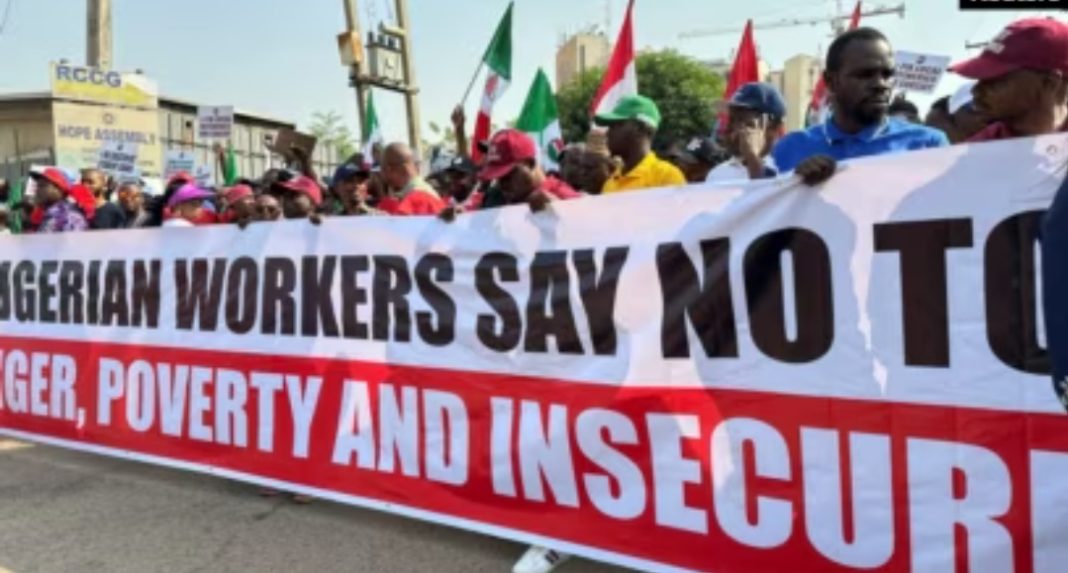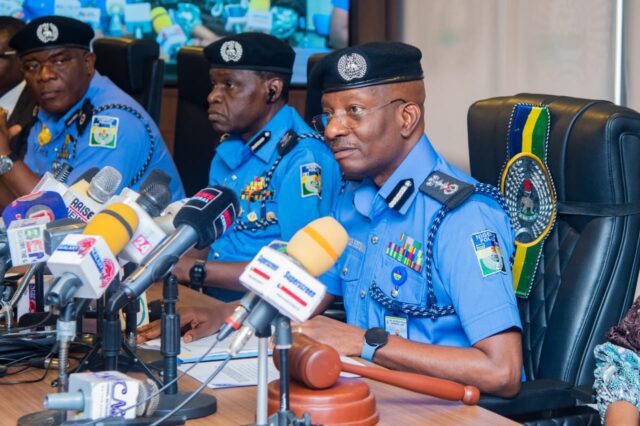In Abuja, Nigeria, government officials convened an emergency meeting on Wednesday to address the upcoming nationwide protests scheduled for next month. The protests are a response to various governance issues and the rising cost of living. The meeting followed President Bola Tinubu’s public appeal, delivered through his information minister, Mohammed Idris Malagi, urging citizens to refrain from protesting and instead be patient with the government.
Over 40 cabinet members attended the meeting, including the secretary to the government, national security adviser, and various ministers. After the meeting, Malagi informed journalists that the government is working diligently to address the grievances of the people but requires more time. He stated that President Tinubu sees no need for the protests and has requested that citizens shelve their plans and await the government’s response to their concerns.
The planned protests in Nigeria follow similar demonstrations in Kenya, which were sparked by proposed tax hikes and outrage over high-level corruption. The Kenyan protests resulted in the withdrawal of the tax hike bill and the dissolution of President William Ruto’s cabinet. In Nigeria, the primary complaint is the soaring cost of living, which many attribute to government economic policies. Last year, President Tinubu eliminated a popular fuel subsidy and devalued the local currency, leading to a surge in food and commodity prices.
Nigeria’s inflation rate has reached its highest level in 28 years, exceeding 34%. Food inflation is significantly higher, exacerbated by widespread insecurity and climate change affecting agricultural production. Human rights activist Zariyi Yusuf criticized the ruling All Progressives Congress (APC) party for making empty promises over the years. Yusuf questioned the need for more time, given the government’s track record.
In response to the growing discontent, authorities recently suspended taxes on certain food imports and passed a new national minimum wage into law. Lawmakers also pledged to reduce their salaries and donate the remaining amount to social intervention projects focused on food. However, Yusuf emphasized that the core issues of bad governance, security, and economic policies remain unaddressed.
The upcoming protests, scheduled for August 1, have raised concerns about potential violence. Nigeria’s police chief has warned that the police will intervene if necessary. The government’s response to the demonstrations will be closely watched, and it remains to be seen whether the protests will lead to policy changes.




